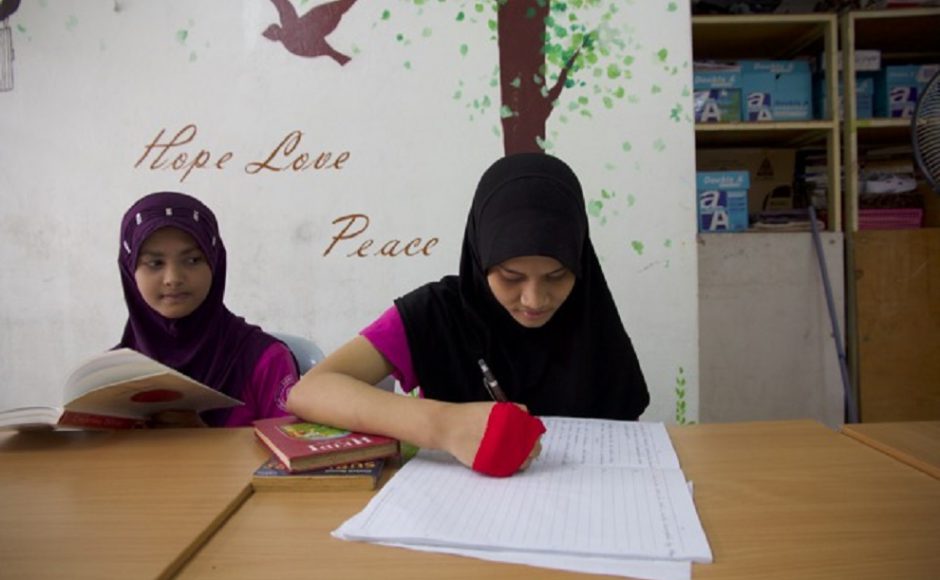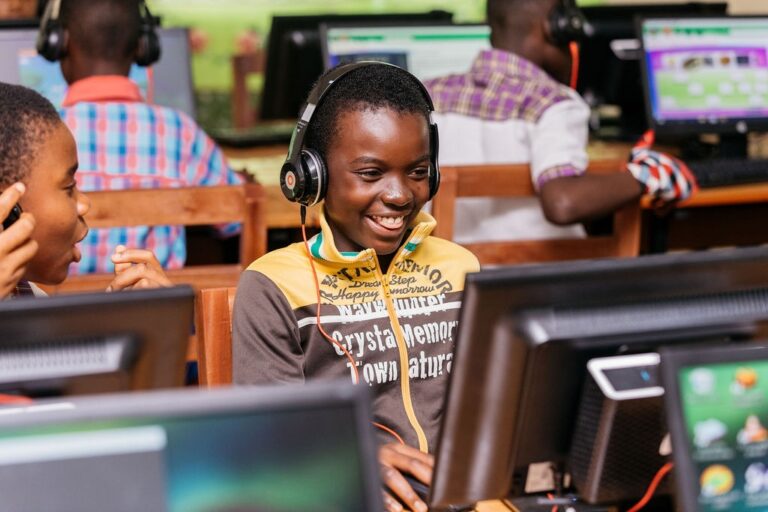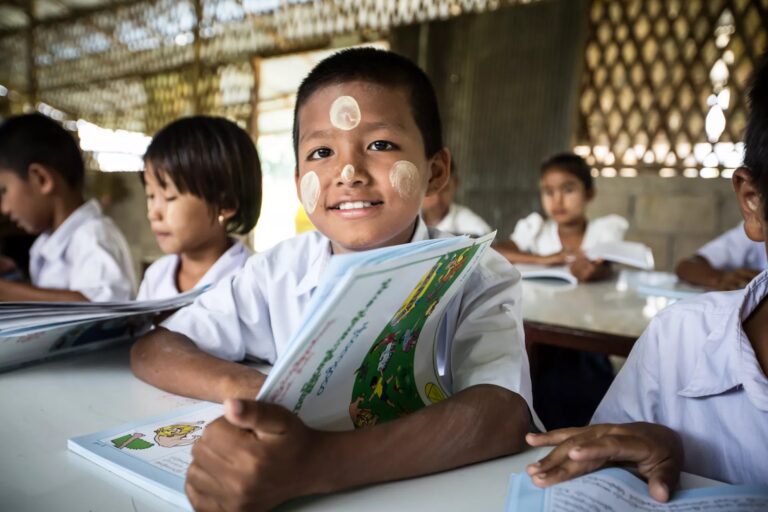By Lee Lian Kong | 26th December 2017
LACK of official legal frameworks to recognise and provide education to refugees is denying refugees who arrive and stay in Southeast Asia (SEA) access to formal education, an Indonesian think tank found.
The Habibie Centre of Indonesia said that refugees in their three SEA countries of research – Malaysia, Thailand, and Indonesia – have to instead seek different ways to access education according to the circumstances of their country of transit or destination.
“The problem is, there is no policy that works as an umbrella so that refugees can access education,” said Johari Effendi, one of the think tank’s researchers, during the presentation of their research findings in Kuala Lumpur.
While there are inter-governmental organisations that directly provide or facilitate education, the problem is that most of these are not formal. Wirya Adiwena, another researcher who co-presented, described formal education as one that uses state-accepted curriculum or that the certificate of completion produced is recognised by other state institutions.
Thus, coming from an informal education provider, the refugees’ education is further limited in the sense that “if they want to continue to university, they can’t,” concluded Adiwena, who previously worked at the Office of the Special Staff on International Relations for former Indonesian President Susilo Bambang Yudhoyono.

Rohingya child refugees in Cox’s Bazar, Bangladesh. Source: UNRWA
The think tank also studied the best practices initiated by these SEA nations. In terms of access to education, Johari commented Thailand can be said to rank first in terms of access to education for refugees, followed by Indonesia, and finally, Malaysia.
This is due to the recent positive developments by the Thai and Indonesian governments. Thailand has signed the “Education For All” (EFA) policy, which stipulates:
“All children, regardless of their nationalities or legal status, have the right to 15 years of free basic education.”
This has allowed its urban refugees, mostly from Pakistan and Iran, to attend its public and private schools. Furthermore, for those in the nine refugee camps along the Thailand-Malaysia border, some are even able to attain primary up to tertiary-level education, even though informally provided.
Indonesia was said to rank second due to the presidential decree signed last Dec 31, 2016, which confirms the definition of refugees contained in the 1951 Refugee Convention, and will cease to label asylum seekers as illegal immigrants. This decree showed the government’s political will, which Johari says will pave the way for more state funding to be allotted to alleviate the refugee issue in Indonesia.

In this July 23, 2009 photo, children detainees are seen locked in a detention centre on the outskirts of Kuala Lumpur, Malaysia. Source: AP
Vulnerable security-wise, and with no jobs
While there have been some positive moves, the future of these refugee children and youth upon graduation remains uncertain. As emphasised by the think-tank during its presentation, education cannot be looked at and tackled in isolation, but should be seen as an issue very much inter-connected with all aspects on the refugee situation.
Referring to the example of refugees being able to attend classes at the Thai refugee camps provided by an informal education provider, a Australian Christian organisation, Effendi said, “The problem is if they have the paper, can they get a job?”
Furthermore, the matter is compounded by the countries’ treatment of refugees as illegal immigrants, instead of recognising them as refugees under the 1951 Refugee Convention – all three SEA countries have not ratified the convention.

People detained in Bangkok’s Immigration Detention Centre wait to get tested for tuberculosis. Source: Jesuit Refugee Service
Using the Thailand example, this means these refugee youths are not allowed to move in between camps – if they do, they expose themselves to the possibility of being arrested or may have their homes raided by Thai security forces.
This has led Adiwena to state, “If you cannot find legal means of work, you will still be very vulnerable.”
“So, if you want to talk about education, we also have to fight for the right to work. Otherwise, they can have education, but they will have no job, no future, nothing,” he concluded.



![[Preliminary Report] CRNA Collaborative Research for Exploring Factors Nurturing"Happy and Resilient" Children among Asian Countries](https://equity-ed.net/wp-content/uploads/2024/09/1725672182698.jpg)


